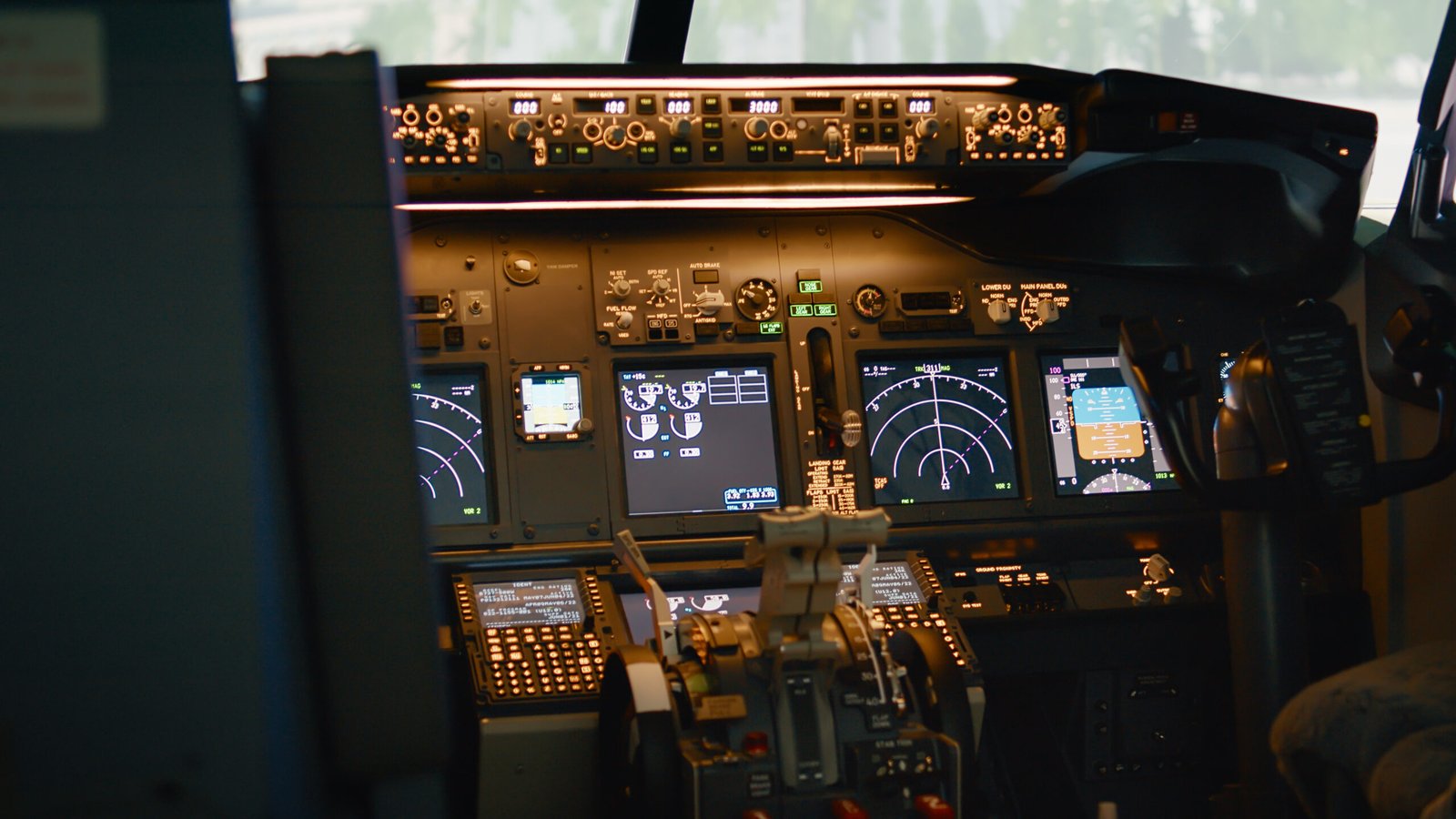
The Crucial Role of DO-178B Standards in Ensuring Safety in Critical Aviation Systems
- Posted by Anup Bhalekar
- Categories Articles
- Date September 21, 2024
In the dynamic realm of aviation, where safety is paramount, the development and certification of software in airborne systems are subject to rigorous standards. Among these, DO-178B stands out as a cornerstone in the pursuit of uncompromised safety and reliability. Also known as “Software Considerations in Airborne Systems and Equipment Certification,” DO-178B provides a structured framework that addresses the unique challenges of safety-critical software in aviation. DO-178B in maintaining the highest standards of safety in critical aviation systems.
One of the primary objectives of DO-178B is to enhance aircraft safety by establishing guidelines for the development and certification of software used in airborne systems. Software failures in aviation can have severe consequences, making it imperative to adopt a systematic and disciplined approach to software development.
DO-178B introduces the concept of Design Assurance Levels (DALs), categorizing software based on its criticality. DALs range from Level E (no effect) to Level A (catastrophic). By assigning a DAL to each software component, the standard enables the prioritization of efforts and resources. Higher-risk components undergo more stringent verification and validation processes, mitigating the potential impact of software failures.
In the intricate landscape of aviation, where safety is non-negotiable, DO-178B stands as a beacon guiding the development and certification of software in safety-critical airborne systems. Its structured processes, emphasis on verification, risk mitigation strategies, and international harmonization contribute to a robust framework that upholds the highest standards of safety. As aviation technology continues to advance, the adherence to and evolution of DO-178B remain essential for ensuring the unwavering safety and reliability of critical aviation systems.
10+ years of Embedded Software Development, Debugging and Verification & Validation Engineering experience in Aerospace and Defence domain on various systems such as Fire Control Systems, Peripheral Control Devices and Mission critical system projects.
Extensive experience in Software Verification and Validation activities such as System Testing, HSIT,SSIT, UIT, Unit testing, Design Review, Source code review, Data and control coupling activities and having good exposure to safety aspects of design.
Proficient in Embedded C - programming with Real Time Operating systems experience.
Expertise in DO-178B software life cycle processes, activities and guidelines and MISRA C/C++ Coding Standards. Well versed with DOD-2167, IEEE12207, and JSS55555 standards.
Experience in Requirements capturing (DOORS), Detailed Design Development, Test Case generation & Execution, and Requirement/ Design/Code reviews.
Expert in UML Design by using various UML tools such as Magic Draw, Rational Rose, Microsoft Visio and Rational Rhapsody.
Hands on experience in Low Level Requirement Testing, Low Level Testing, Black Box, White Box testing, SSIT, HSIT and Integration Testing of Safety Critical Avionics Software.
Good experience in liaison, and coordination between R&D Unit and Certifying agencies (CEMILAC, RCMA, NTG etc.).



